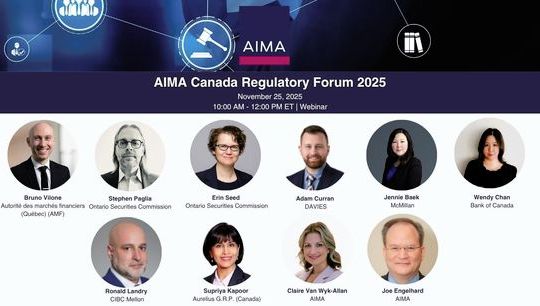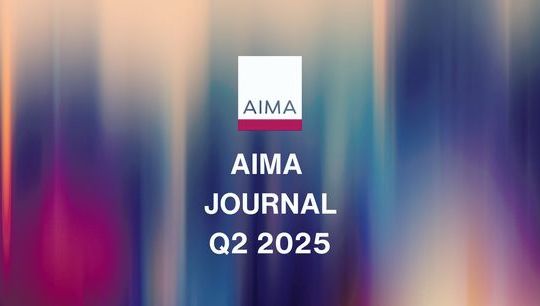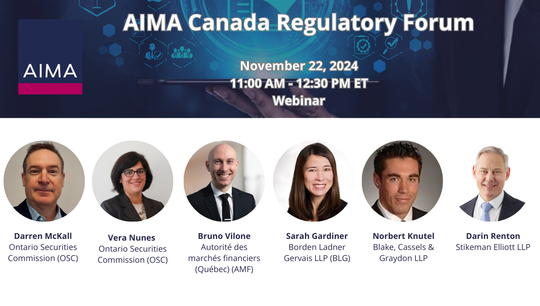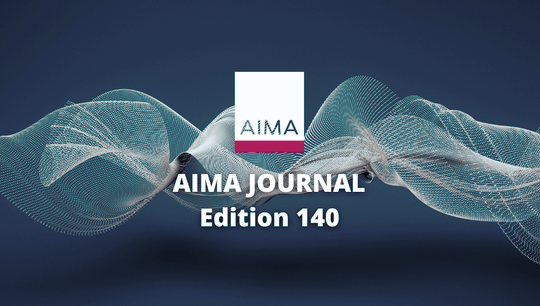Cayman Islands economic substance requirements for discretionary investment managers
By Ann Ng; Dan Won , Maples Group
Published: 30 November 2021
31 December 2021 is the deadline by which the first annual Economic Substance Returns together with supporting documents are required to be submitted by Cayman Islands ‘relevant entities’ conducting a ‘relevant activity’ under the ‘fund management business’ category to confirm their compliance with the economic substance test under the Cayman Islands economic substance regime. This article aims to serve as a reminder for such relevant entities of their obligations under this regime.
Cayman Islands economic substance regime
On 1 January 2019, the Cayman Islands enacted the International Tax Co-operation (Economic Substance) Act (as revised) (ES Act) in response to global Organisation for Economic Co-operation and Development (OECD) base erosion and profit shifting (BEPS) standards regarding geographically mobile activities. Since its initial enactment, the ES Act has been amended by several regulations to reflect certain practical aspects of the economic substance requirements, and is supplemented by the Guidance on Economic Substance for Geographically Mobile Activities (as amended) (Guidance) issued by the Cayman Islands Tax Information Authority (TIA), a function of the Department for International Tax Cooperation (DITC) within the Cayman Islands government.
The ES Act introduces certain economic substance and reporting requirements for Cayman Islands ‘relevant entities’ conducting ‘relevant activities’. A relevant entity conducting a relevant activity is required to satisfy the economic substance test under the ES Act (ES Test) for any part of its ‘relevant income’ from the relevant activity that is not subject to tax imposed by a jurisdiction outside the Cayman Islands.
What is ‘fund management business’?
Fund management business is one of the nine prescribed relevant activities under the ES Act and is defined as "the business of managing securities as set out in paragraph 3 of Schedule 2 to the Securities Investment Business Act (2020 Revision) carried on by a relevant entity licensed or otherwise authorised to conduct business under that Act for an investment fund.".
As the relevant definition of "managing securities" in the Securities Investment Business Act (As Revised) (SIB Act) is "managing securities belonging to another person in circumstances involving the exercise of discretion", a relevant entity that is registered under the SIB Act as a ‘registered person’ (or is a licensee with the Cayman Islands Monetary Authority (CIMA) under the SIB Act) and conducts discretionary investment management services for its clients with respect to securities would be regarded as conducting fund management business under the ES Act.
Economic substance requirements for Cayman Islands discretionary investment managers
A relevant entity carrying on fund management business is subject to the ES Test in relation to the fund management business conducted, unless it has no relevant income from the fund management business.
The ES Test is satisfied if the relevant entity, in relation to the fund management business: (i) conducts core income general activities (CIGA) in the Cayman Islands; (ii) is directed and managed in an appropriate manner in the Cayman Islands; and (iii) has adequate operating expenditure, physical presence and personnel in the Cayman Islands.
CIGA in the context of the fund management business include: (i) taking decisions on the holding and selling of investments; (ii) calculating risk and reserves; (iii) taking decisions on currency or interest fluctuations and hedging positions; and (iv) preparing reports or returns, or both, to investors or CIMA, or both. The Guidance contains a sector specific section on fund management business, which elaborates on each limb of CIGA, and provides indications of measures likely or unlikely to satisfy each limb. For example, for the preparing reports or returns CIGA, the Guidance notes that "A fund manager can satisfy this head of CIGA by ensuring that there are systems and processes in place so that the fund manager is able to provide its client investment fund with accurate information on the investment fund's financial position on a timely basis.", whereas for the decisions on currency or interest fluctuations and hedging positions CIGA, "A fund manager is unlikely to satisfy this CIGA by taking isolated decisions involving specific investments of its client investment fund.".
The Guidance further states that the term ‘adequate’ for the purposes of the ES Test shall mean "as much or as good as necessary for the relevant requirement or purpose", and what is adequate or appropriate for each relevant entity will be dependent on the relevant entity's particular facts and business activity.
The TIA has the power to determine whether a relevant entity has satisfied the ES Test for any financial year for which a report is required under the ES Act. If the TIA determines that a relevant entity has failed the ES Test for a financial year, it shall issue a notice to the relevant entity of such failure and impose an initial penalty of US$12,195 (or US$121,951 in the subsequent financial year if the relevant entity has not remedied such failure). Continued failure by a relevant entity to comply with the ES Test may result in the TIA submitting an application to the relevant Cayman Islands Registrar to strike off the relevant entity.
What do Cayman Islands discretionary investment managers have to do?
In addition to the annual economic substance notification to the relevant Cayman Registrar to confirm its status as a relevant entity and the relevant activity conducted, a relevant entity conducting fund management business is required to submit an annual Economic Substance Return (ES Return) together with requisite supporting documents on the online economic substance portal (Portal) established by the DITC in respect of the fund management business conducted during its previous financial year (whether or not it has received relevant income from such business).
In light of the revised registration regime under the SIB Act, a relevant entity conducting fund management business may regard 2020 as the first year of conducting fund management business. This means that if for example a relevant entity conducting fund management business has a financial year ending 31 December, the first ES Return for the fund management business must be submitted on behalf of the relevant entity on the Portal on or before 31 December 2021.
In completing the ES Return, careful consideration of the relevant entity's individual circumstances is required as relevant in determining the ‘adequacy’ or ‘appropriateness’ of certain limbs of the ES Test. The relevant entity must also ensure to maintain appropriate records to demonstrate the adequacy and appropriateness of the resources utilised and expenditures incurred.
Further points of consideration
The application of the ES Act needs to be monitored on an ongoing basis as any change in the relevant entity's business activities may impact on the relevant entity's economic substance and/or reporting requirements under the ES Act.
If it is not practical for a relevant entity conducting fund management business to continue satisfying the ES Test for one or more heads of CIGA by itself, the relevant entity may, subject to certain conditions, outsource the conduct of its Cayman Islands CIGA to another person in the Cayman Islands. The relevant entity outsourcing Cayman Islands CIGA must be able to demonstrate that it has adequate supervision of the outsourced activities and, to satisfy the ES Test, that both the supervision and the outsourced CIGA are undertaken in the Cayman Islands. If Cayman Islands CIGA is outsourced to a non-Cayman Islands service provider, then the relevant entity should not receive the relevant income for such outsourced activity. A fund looking to establish, maintain or outsource economic substance in the Cayman Islands for its Cayman Islands discretionary investment manager is therefore encouraged to seek legal advice with respect to its existing or proposed transactional structure and compliance with the ES Test.
It is worth noting that the activities of a British Virgin Islands (BVI) 'approved manager' do not ordinarily fall within the definition of ‘fund management business’ in the BVI and, as such, an 'approved manager' does not require substance in the BVI. The approved manager regime in the BVI is subject to certain eligibility requirements so will not be available for all types of fund managers.
The Maples Group, through its international law firm, Maples and Calder, advises on the laws of the Cayman Islands and the BVI and can assist with queries relating to the economic substance regime, including compliance and reporting regimes in both jurisdictions.







